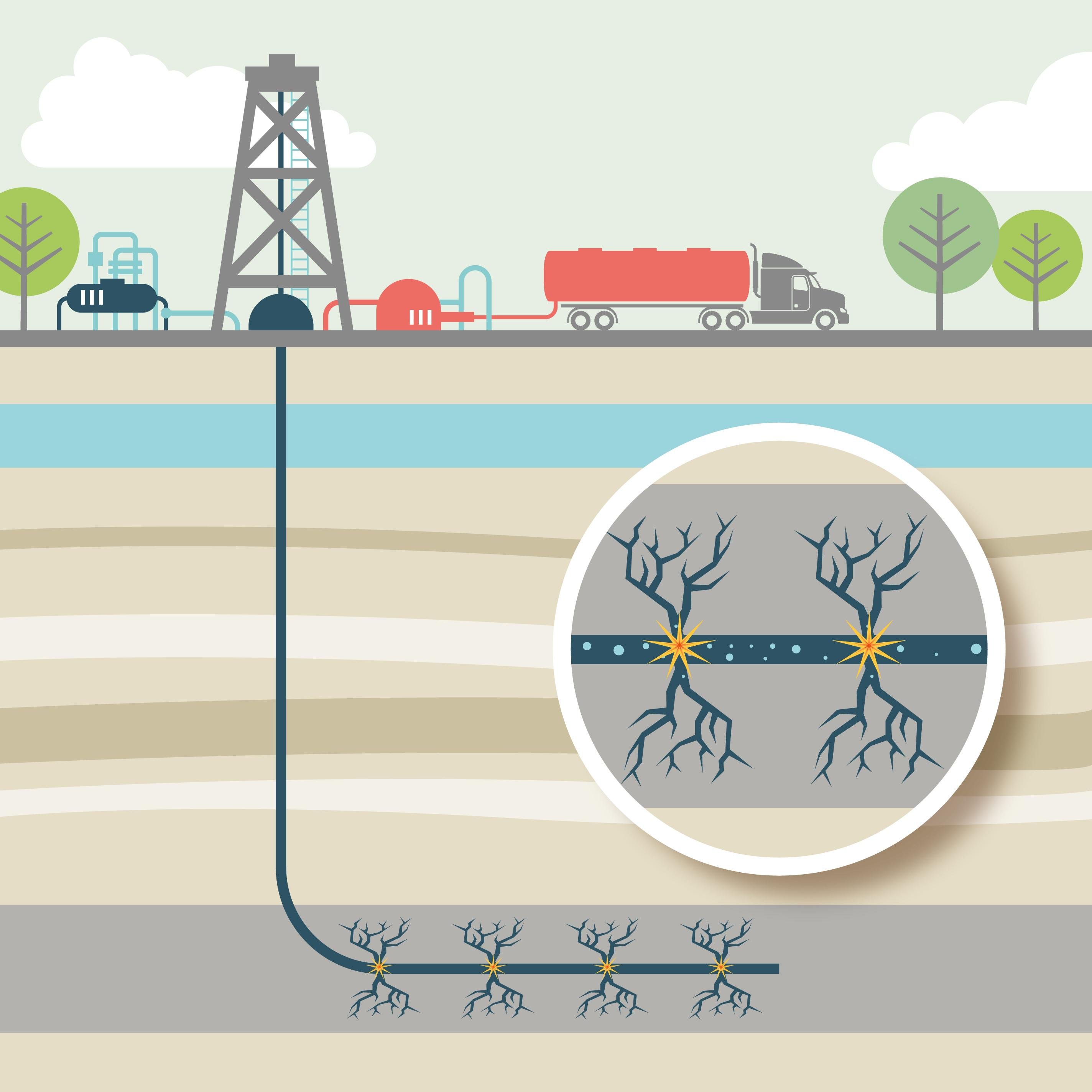
Civil society plays an important role in holding corporations responsible for their actions in Western societies. Wielding influence via the press and social actions, civil activists help to ensure that firms’ behaviour is in keeping with community expectations.
However, close to half the world’s population lives in countries where there is no press freedom, where governments restrict civil activism and individuals have less capacity to exercise their public voice. This leaves society vulnerable to heightened social inequalities, disproportionate gains for the political elite and little regard for companies’ corporate social responsibilities. Without the counterforce from civil society, business prosperity starts to erode societal well-being.
New mechanisms for influence
The rise of digital media allows social activism to address this challenge, providing new mechanisms to influence corporations. The internet’s ability to rapidly disperse information makes it difficult for governments to regulate, while its interactivity helps to focus attention, spread information, and cluster individuals into large-scale collective action without having to be physically present.
This accessibility and anonymity has significantly reduced the cost of participation, encouraging more widespread and vocal participation, as evident during the political protests against the World Trade Organisation in Seattle in 1999 and the mobilisation of citizens during the Arab Spring.
Mobilisation in the internet age
To better understand the power wielded by these social activism campaigns, it is interesting to look at the push for greater corporate social responsibility following the Sichuan earthquake in China in 2008. The disaster, which left nearly 70,000 dead and 4.6 million people homeless, triggered a pervasive activist campaign against large corporations and was a turning point in China in terms of corporate philanthropy.
Studies have shown that traditionally the success of social movements has depended on the capacity of central coordinating groups to organise campaigns, boycotts, protests and media exposure. However, in restrictive societies where central coordination is less likely, new tools were needed to give civil society the power to exercise its voice and control.
In a research paper (forthcoming in the Academy of Management Journal, “Mobilisation in the Internet Age: Internet Activism and Corporate Response”) I conducted with Jianjun Zhang from Peking University and Christopher Marquis from Cornell University, we found that online activists can elicit corporate response through threatening companies’ public image. In our study of 613 large publicly-listed Chinese firms in the aftermath of the Sichuan disaster, we found the use of tactics which highlighted social comparisons – such as online rankings and articles on corporate donations – was a key mechanism to pressure for corporate response. Companies with greater image vulnerability, such as real estate firms and those with high social and political standing, were more sensitive and willing to respond by making donations to relief efforts.
Ushering a new age of philanthropy
Historically, the social needs of Chinese communities have been seen as a government responsibility. Wang Shi, chairman of Vanke, China’s largest real estate development firm, remarked on this when he initially pledged just two million yuan (US$290,000) towards the Sichuan disaster relief. When social media noted the difference between Vanke’s miserly offering and the more substantial donations pledged by other local and international corporations, the reaction of the community and stakeholders was immediate and negative, affecting both Vanke’s public image and its share price; Wang promptly responded, apologising and offering an additional 100 million yuan (US$14.3 million) in aid.
Smarter companies, on the other hand, took early advantage of public sentiment to raise their standing. The herbal tea and soft drink company, Wang Lao Ji, was one of the first organisations to recognise the opportunity, publicly donating 100 million yuan, well above what could have been expected (and what was offered by rival firms). This was immediately noted among internet users and demand for their product skyrocketed.
Fast and furious
The speed at which social media is able to respond when corporations disappoint (or impress) makes it a particularly powerful tool. Less than a week after the Sichuan earthquake hit, damage to the image of firms which failed to meet community expectations had already been done and corporate leaders pressured into action.
In this way powerful and privileged businesses were unable to escape scrutiny. In fact, the lofty standing of companies with politically affiliated executives and high reputation – those typically associated with resources and power – meant they were particularly vulnerable to a threat to their corporate image, drawing instant comparison and higher expectations from internet users.
Firms in culpable industries were also vulnerable. When internet users shared photos of the debris, commenting that buildings collapsed because of substandard materials used, the entire real estate industry was under scrutiny and developers from “innocent” companies were under as much pressure to donate and regain their standing as those culpable of substandard construction.
More valuable news
In countries where governments keep a stranglehold on traditional media, the power of the internet and cyber activism is intensified by the increased influence it has over the community. In these societies, where news from traditional outlets is screened and not considered by people to be particularly trustworthy or valuable, individuals are more attentive to information released on digital media. They are also more inclined to express their individual need to make a difference and participate in a civil movement online, this may simply mean commenting on a news feed, sharing links or just reading updates.
There is, of course, a downside. The fact that internet users rarely scrutinise information obtained in cyberspace suggests that false information may be incorporated into the rapidly circulating message. The tendency for speed to supersede accuracy can give rise to insularity or discourage participation in future campaigns.
There is also the danger that governments may increasingly regulate and monitor online communication so the mobilising capacity of the internet may be reduced.
Xiaowei Rose Luo is Associate Professor of Entrepreneurship and Family Enterprise at INSEAD. She led the 2016 International Women’s Day seminar on INSEAD’s Abu Dhabi campus.
-
View Comments
-
Leave a Comment





No comments yet.